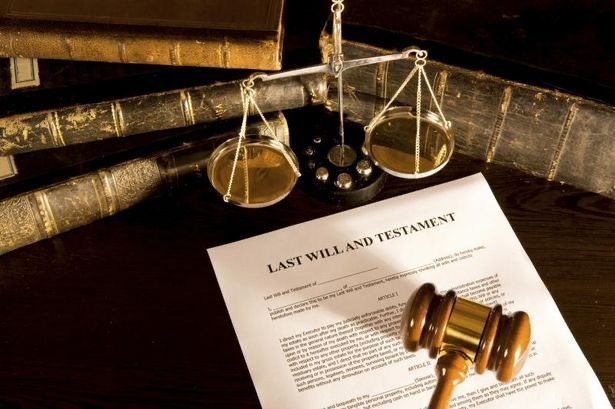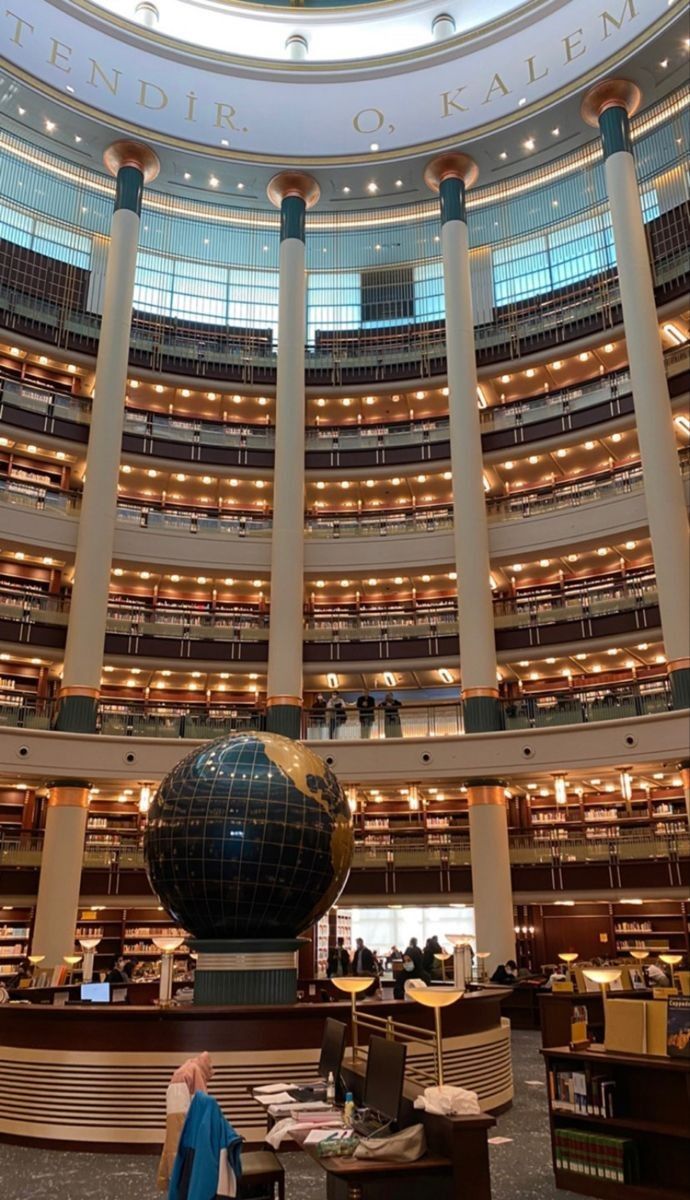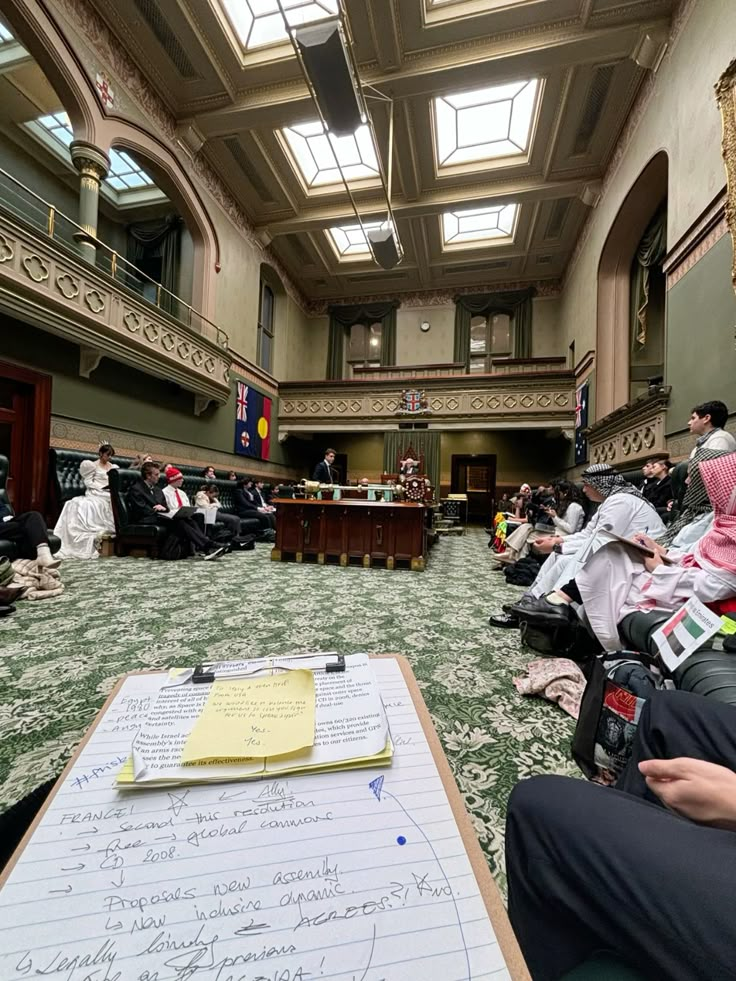Freedom and Political Life: A Reflection by Hannah Arendt

- Repoter 11
- 04 Jan, 2025
Exploring the relationship between freedom and political governance in a single short essay is a daunting task. In truth, even an entire book might not fully capture the depth of the topic. Freedom—though rarely the explicit aim of political action except during times of revolution or crisis—is, in fact, the fundamental reason politics exists within human society. Here, by "freedom," I do not refer to the philosophical concept described in various ways by thinkers as an innate attribute of humanity. Nor do I mean the "inner freedom" people seek when they retreat inward under external oppression—a phenomenon that arose historically later and is secondary in nature. Inner freedom stems from withdrawing from the external world, internalizing experiences that originally belonged to shared, public life. Without prior encounters with these experiences in the outer world, we would not recognize them inwardly. Essentially, my experience of freedom—or lack thereof—depends on my interactions with others, not on my relationship with myself. Freedom can only exist among people, in their collective actions and political engagement. It is only within this shared public sphere that freedom reveals itself as a positive force, rather than merely a rejection of oppression. It is impossible to talk about political structures without also speaking about freedom, and vice versa. In societies where communal life is not politically organized—such as in primitive tribes or within the private family sphere—force of necessity or self-interest, not freedom, unites people. Similarly, where political life is suppressed—as in tyrannical regimes that confine individuals to private isolation—freedom cannot manifest as a real, worldly experience. If no public, politically protected space for action exists, freedom has no tangible place in human life, even if the longing for it remains in the human heart. In real-world terms, freedom and political governance are inseparable—two sides of the same coin. Today, however, the connection between politics and freedom is no longer taken for granted, and understandably so. The experience of totalitarian regimes has taught us that the complete subjugation of life to political control can annihilate freedom entirely. These historical lessons compel us to question whether freedom and politics are even compatible at all. Might it be that freedom only begins where politics ends? If political control knows no limits, freedom itself may vanish. As a result, we increasingly perceive freedom as existing outside the reach of politics. We judge a society’s level of freedom by how much liberty individuals enjoy in non-political domains—such as commerce, academia, religion, culture, and the arts. In this view, politics and freedom coexist only to the extent that politics refrains from dominating other spheres of life. Thus, modern interpretations have redefined political freedom largely as freedom from politics. This shift, shaped by painful historical experiences, highlights an enduring tension in political thought: the more politics expand into daily life, the less room remains for genuine freedom to thrive.
Leave a Reply
Your email address will not be published. Required fields are marked *




